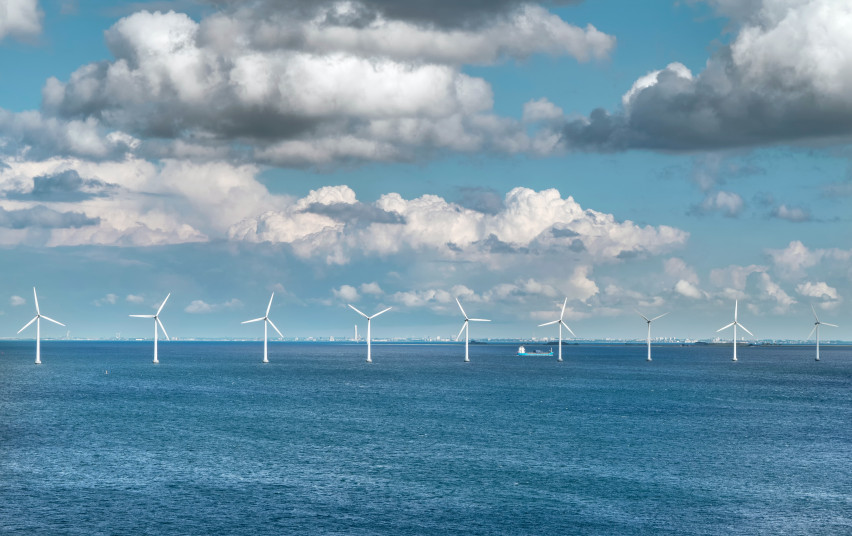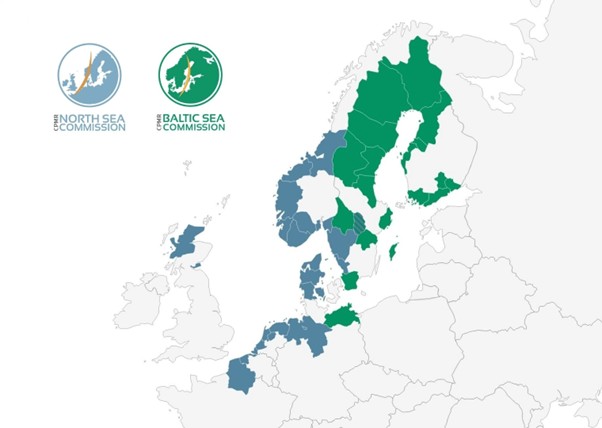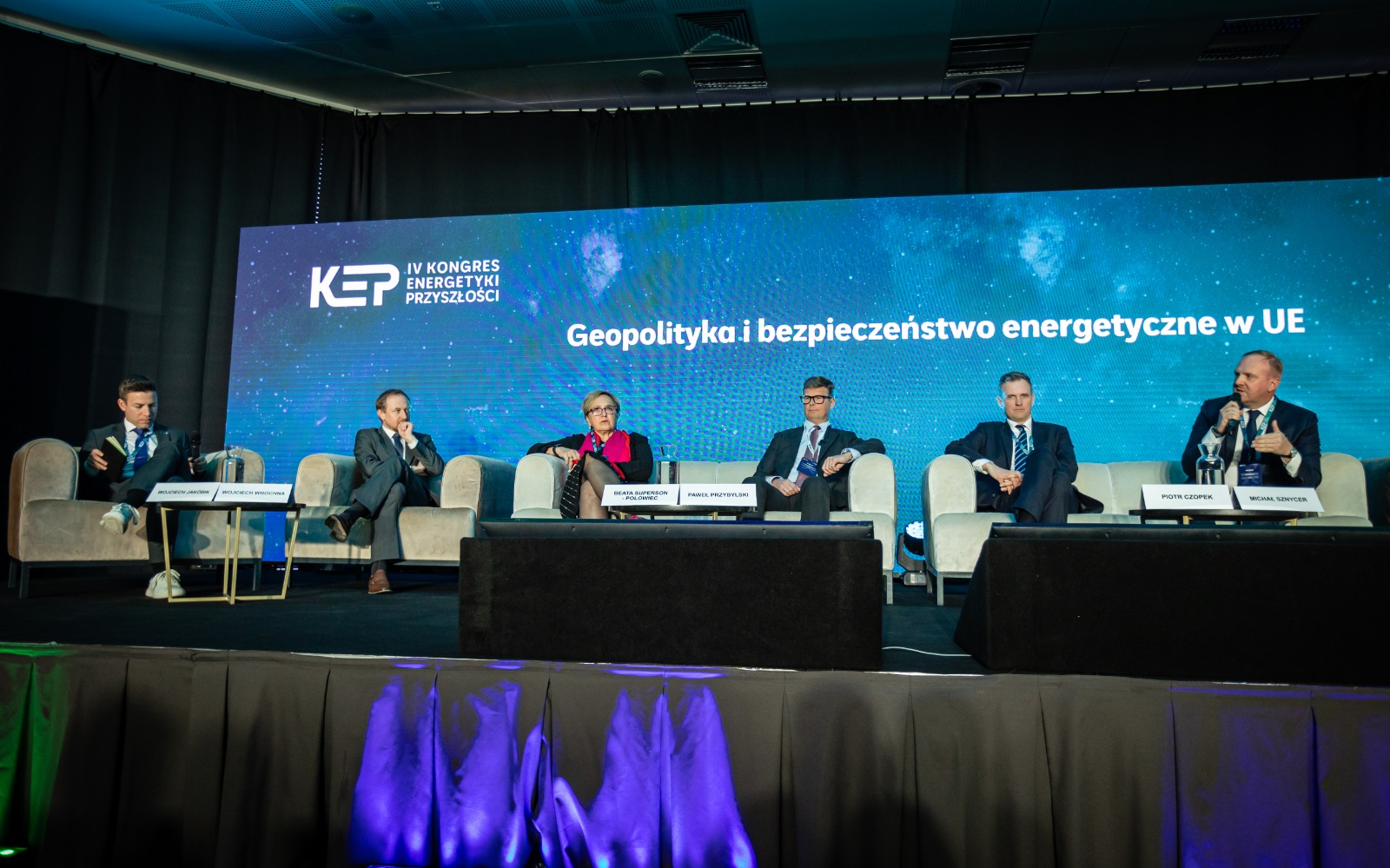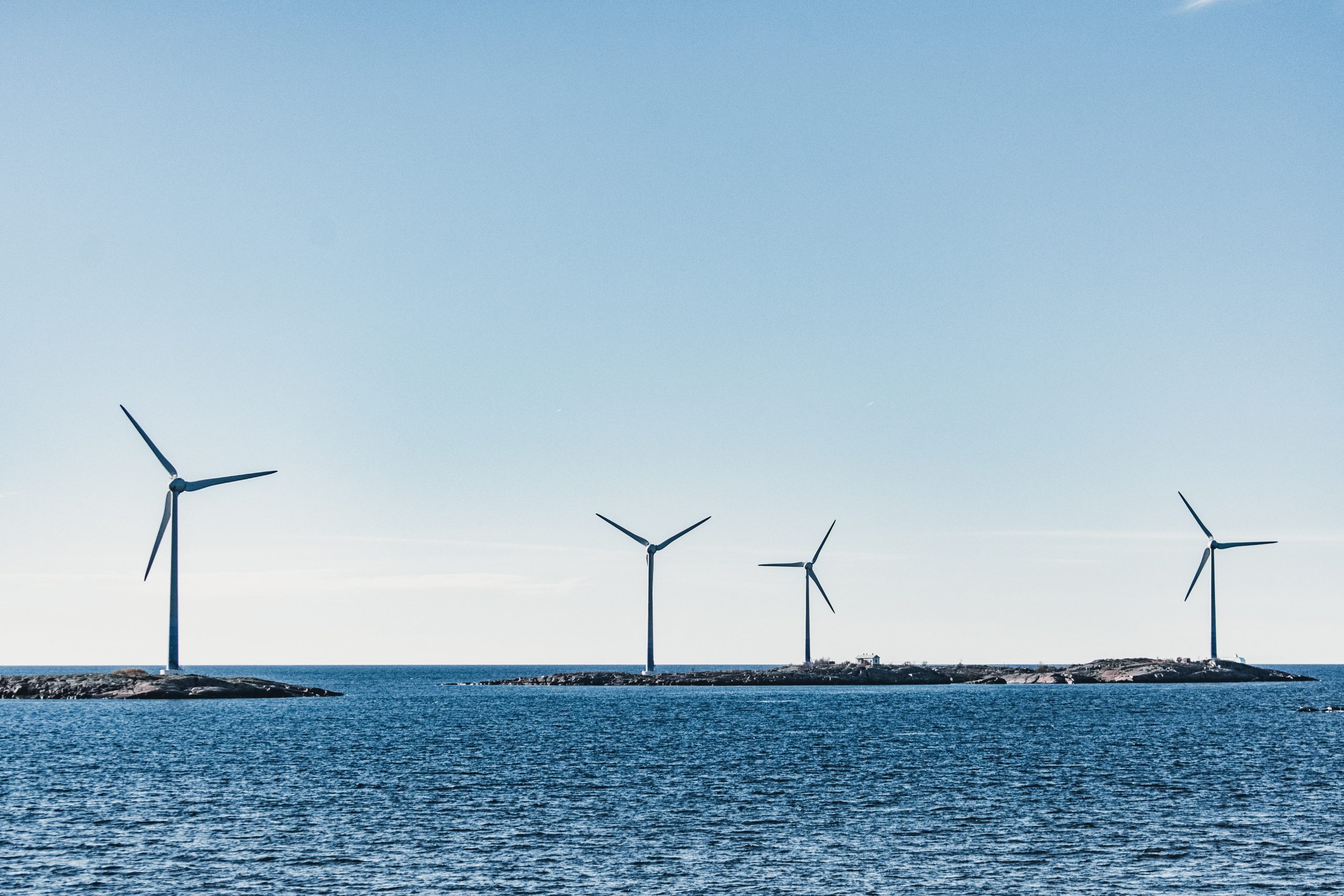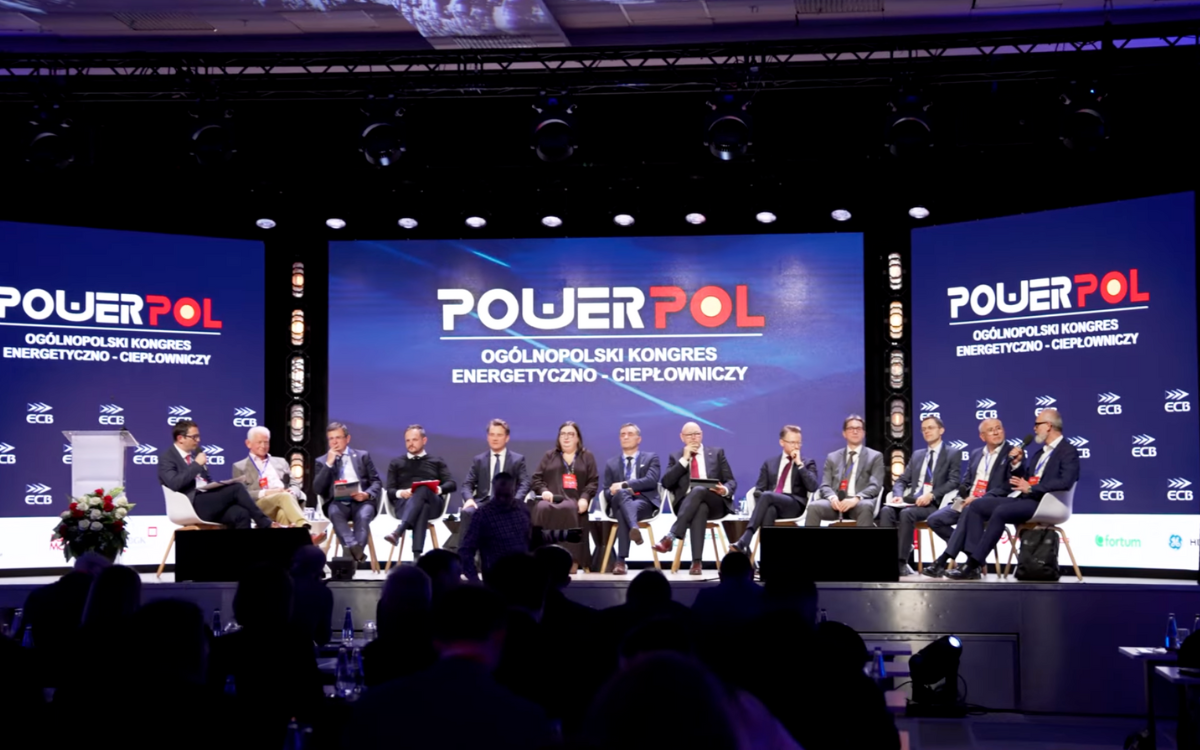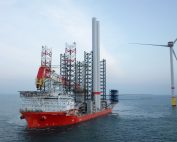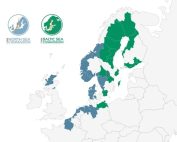With Lithuania planning to develop two offshore wind farms in the Baltic Sea with a combined capacity of 1.4 GW, the Ministry of Energy has approved the Concept Plan for the Development of Offshore and Onshore Engineering Infrastructure for a Project of Special National Interest.
“Offshore wind energy projects are particularly important for Lithuania’s efforts to generate all the electricity it needs from renewable sources and strengthen its energy independence. The concept of the engineering infrastructure development plan has been approved with a view to launching a tender in autumn to select a developer for the second park in the Baltic Sea. The alternatives with the least impact on the natural environment have been selected. A Strategic Environmental Assessment has also been carried out for the development plan concept. Close cooperation with the State Service for Protected Areas, municipalities and other relevant public authorities was ensured in the implementation of these works. The Strategic Environmental Assessment of the Plan was also submitted to the Latvian authorities for assessment and presented to the Lithuanian public,” said Daiva Garbaliauskaitė, Deputy Minister of Energy.
Once the concept has been approved by the Ministry of Energy, the infrastructure corridors required for offshore and onshore wind connection will be specified. This infrastructure is necessary to ensure that the green energy generated by offshore wind farms can be transmitted to the electricity grid on land. The offshore wind farm developers who win the tender will be responsible for the construction of this infrastructure.
The planned territories include Lithuania’s Exclusive Economic Zone and part of the territorial sea in the Baltic Sea, the municipalities of Palanga City, Kretinga District and Klaipėda District.
To reduce Lithuania’s dependence on electricity imports and to achieve full self-sufficiency in domestic renewable electricity by 2030, the Ministry of Energy is planning two offshore wind farms with a combined capacity of 1.4 GW in the Baltic Sea in the territory of Lithuania. These farms could generate around 6 TWh of green electricity per year, which is around half of current electricity demand of Lithuania.
Lithuania plans to source its electricity exclusively from local renewable energy sources by 2030. Renewable energy currently accounts for around 40 per cent of total system demand, mainly from solar and wind.
The approved concept you can find HERE.
Source: offshorewind.lt
